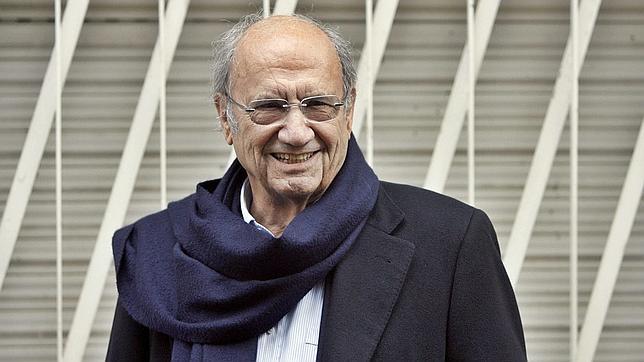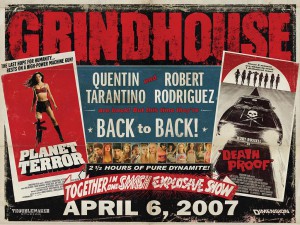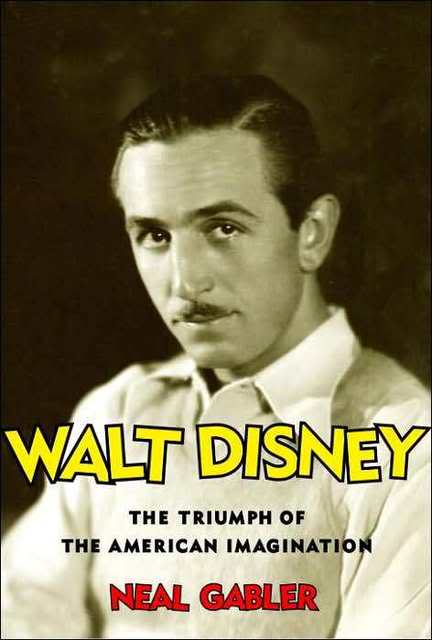From Sight and Sound (June 2011). Portabella continues to be the most flagrantly unseen and overlooked of major contemporary filmmakers, for reasons suggested in this sketch. — J.R.

Jonathan Rosenbaum voyages into the elusive and intriguing worlds created by Spanish filmmaker Pere Portabella
Among the lost continents of cinema — major films and artists that have perpetually eluded our grasp because they fall outside the usual institutional frameworks that we depend upon to ‘keep up’ with cinema — there are few contemporary figures more neglected than Catalan filmmaker Pere Portabella.
Born into a family of industrialists in Barcelona in 1929, Portabella has remained closely tied to that city’s art scene for most of his life, especially as a patron and friend of other Catalan artists. One of these was Joan Miró, the focus of a major retrospective at the Tate Modern this summer and the subject of five of Portabella’s shorter fiIms from the late 1960s and early 70s. (The two I’m most familiar with are Miró L’Altre, chronicling the artist’s painting and subsequent erasing of a mural at the Colegio de Arquitectos de Catalunya, and Miró 37/Aidez L’Espagne, which similarly explores a ‘making’ and ‘unmaking’, this time of Spain itself during the mid-1930s, via newsreel footage.) Read more
From the Chicago Reader (April 6, 2007). — J.R.

Quentin Tarantino and Robert Rodriguez’s celebration of 70s-style sleaze, 191 minutes long including a short intermission, seems ideally suited for gleeful, mean-spirited 11-year-old boys who can sneak into this double bill despite the R rating. I enjoyed the invented trailers the directors fold into the mix, but despite the jokey missing reels, these two full-length features are each 20 minutes longer than they need to be, and neither one makes much sense as narrative. Rodriguez’s Planet Terror is virtually nothing but gross-out gags involving castration, dismemberment, mass murder, zombies, and Osama bin Laden. Tarantino’s Death Proof starts off as a meandering look at Austin’s Tex-Mex joints — there’s more gab here than in any of his work since Reservoir Dogs — then gravitates into a blend of Faster, Pussycat! Kill! Kill!, Beyond the Valley of the Dolls, and stunt-driving movies, culminating in some well-filmed action and more celebratory killing. (Making us feel good about enjoying gory mayhem — or in my case, at least trying to do that — has always been his specialty.) With Rose McGowan, Freddy Rodriguez, Josh Brolin, Kurt Russell, Rosario Dawson, and Zoe Bell. (JR)
 Read more
Read more
From Cineaste, Summer 2007. — J.R.

Walt Disney:
The Triumph of the American Imagination
by Neal Gabler. New York:
Alfred A. Knopf, 2006. 851 pp.,
illus. Hardcover: $35.00.
This is the first book by Neal Gabler since his magisterial and eye-opening An Empire of Their Own: How the Jews Invented Hollywood (1988) that hasn’t seriously disappointed me, though I didn’t warm to its virtues right away. His 1994 biography of Walter Winchell (Winchell: Gossip, Power and the Culture of Celebrity) had less of an impact on me than the 1971 journeyman’s effort of Bob Thomas (which I also preferred to Michael Herr’s 1990 musings on the subject), while Life, The Movie: How Entertainment Conquered Reality (1998), which I barely remember now, felt at the time like all windup and no delivery. And one clear limitation of this hefty volume from the outset, in spite of its strengths, is that Gabler can’t function very effectively as either a critic of Disney’s films or as a historian of Hollywood animation; his talent lies elsewhere.

Given Gabler’s privileged access to Disney files and papers, this may be the closest thing to an authorized biography that we can expect to get, but it doesn’t exactly add up to an apologia — even though it refutes charges of Disney being anti-Semitic, and, apart from occasionally conceding that he was mainly a passionately anti-union Goldwater Republican, tends to depoliticize him. Read more





